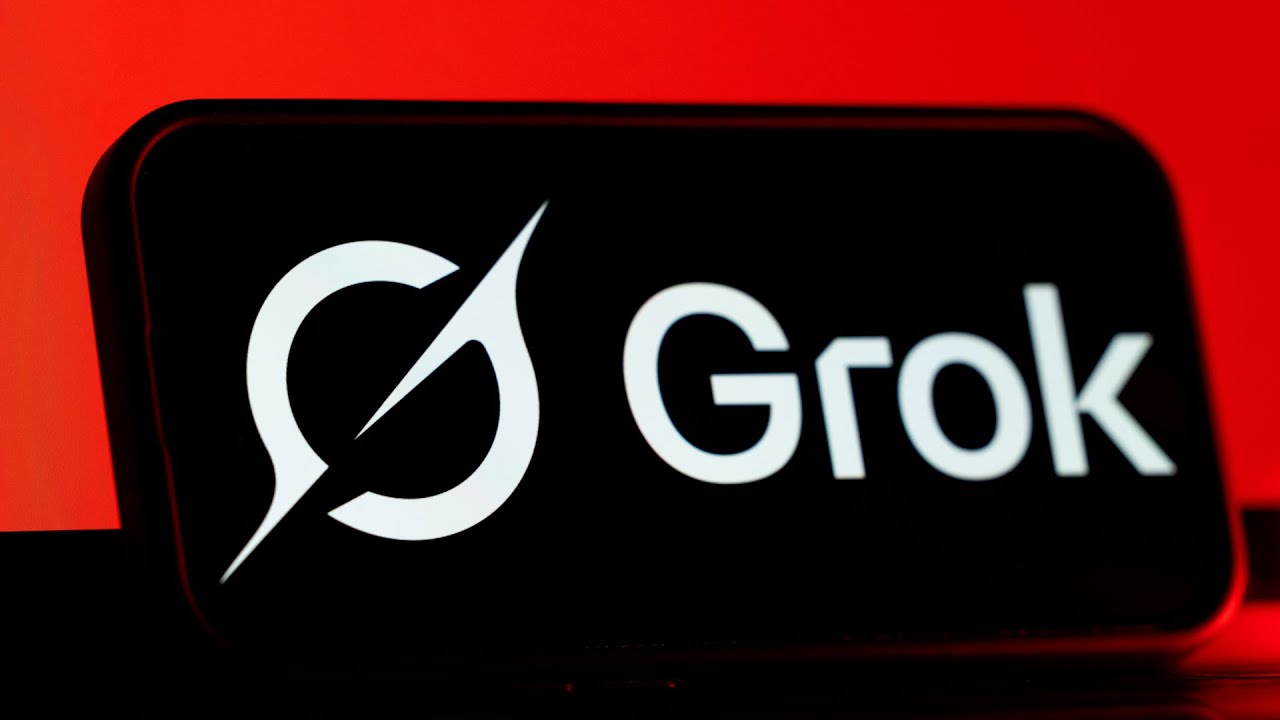Elon Musk plans to integrate his chatbot Grok into Tesla vehicles to enhance voice AI capabilities, but concerns about the technology’s current reliability and safety remain. Meanwhile, the AI industry faces intense talent competition, with Meta investing heavily to attract top researchers, though leadership and coordination challenges persist in advancing large language model development.
Elon Musk plans to integrate his chatbot, Grok, into Tesla vehicles, aiming to enhance the voice AI experience inside the cars. While the concept of having a voice assistant powered by a large language model (LLM) like Grok in Tesla cars is promising, there are concerns about the technology’s current reliability. Grok, like many LLMs, is prone to hallucinations—generating incorrect or misleading information—which raises questions about the safety and practicality of deploying such AI systems in vehicles at this stage.
Despite these challenges, the potential use case for voice assistance in cars remains strong. Voice AI could offer drivers hands-free control and interaction, improving convenience and safety if implemented correctly. However, the technology needs to mature further before it can be confidently rolled out across Tesla’s fleet. The balance between innovation and safety is critical, especially when it comes to integrating AI systems that drivers will rely on while on the road.
Shifting focus from Tesla, the video also touches on the ongoing talent war in the AI industry, highlighted by Meta’s recent $200 million pay packages aimed at attracting top researchers. This intense competition for talent underscores how crucial a small group of highly skilled researchers is to driving innovation in large language models. The industry’s rapid advancements hinge on these individuals, making their retention and recruitment a strategic priority for leading tech companies.
There is concern that OpenAI, a major player in AI development, might face setbacks if it loses key researchers to competitors like Meta. Such losses could delay the launch of new models like GPT-5, potentially impacting OpenAI’s market position. However, the video suggests that despite Meta’s aggressive talent acquisition, it may not see significant changes in its AI capabilities or market standing in the short term, particularly within the next six months.
Finally, the video raises questions about leadership and coordination within Meta’s AI division, noting that Alexander Wang, the 28-year-old CEO of Scale AI, is reportedly playing a significant role in guiding Meta’s large language model efforts. Bringing together many talented individuals can be challenging, and effective leadership will be crucial to harnessing this talent and driving meaningful progress in AI development at Meta.
